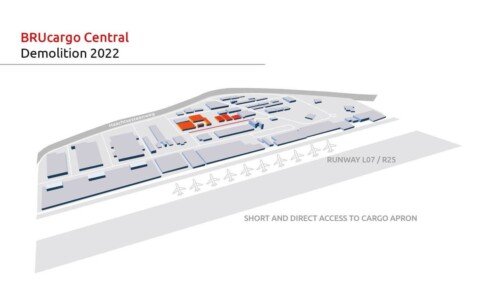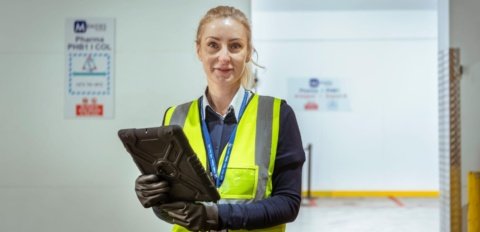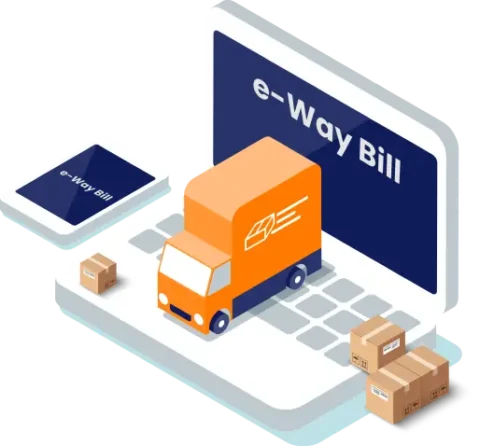The port authorities of Duisburg and Rotterdam have signed a letter of intent (LOI) to renew and expand their collaboration, as well as to look for ways for establishing future hydrogen hubs.
Besides existing agreements relating to the optimisation of logistical connections, the cooperation will be expanded to include initiatives in the area of digitalisation and the energy transition.
The agreement was signed by Markus Bangen, CEO at duisport, and Allard Castelein, CEO at Port of Rotterdam.
As informed, the LOI includes agreements on looking into the possibility of linking the port community systems Portbase (Rotterdam) to the RheinPorts Information System (Duisburg) and to learn from each other’s initiatives in the area of digital twin projects. With regard to the energy transition, both ports plan to investigate whether they can jointly take on the development of hydrogen hubs. Rotterdam as the future ‘hydrogen gateway’ to Europe and Duisport as the hub for Germany. Setting up a physical link between the two is therefore an obvious choice.
The port officials believe that using sustainable hydrogen substantially can contribute to the European objectives of reducing climate change and increasing Europe’s energy independence.
Duisport and the Port of Rotterdam have been trading partners for a long time. For example, each year more than one million TEU of containers are exchanged between the two logistics hubs. Almost a third of them are already shipped by rail. Digitalisation and data sharing could further increase the part played by this sustainable mode of transport. The LOI is also aimed at creating the most digital and most sustainable port-inland hub connection in the world by linking Duisburg’s ‘Rail Freight Data Hub’ initiative with Rotterdam’s ‘Rail Connected’.
“We are facing major challenges that we will overcome together much faster, more efficiently and more intelligently,” said Markus Bangen, CEO at duisport.
“Particularly in the areas of digitalisation and the energy transition, it is important to work together and share our knowledge and expertise.”
“I am therefore very pleased that we will continue the trusting partnership between the ports of Duisburg and Rotterdam,” Bangen added.
“Digitisation and energy transition are as important to duisport’s strategy as they are to our own. We believe in the power of collaboration with like-minded organisations. This LOI represents a positive step in that direction,” said Allard Castelein, CEO at Port of Rotterdam.
In December 2021, duisport revealed its plans to construct Europe’s first climate-neutral container terminal based on hydrogen technology. The port plans to construct the trimodal Duisburg Gateway Terminal (DGT) by 2023 together with Cosco Shipping Logistics, Hupac SA, and the HTS Group.
In March 2022, the Port of Rotterdam published a report announcing its ambition to cut carbon emissions by 23 million tonnes.
Most recently, Stolt Tankers has signed a memorandum of understanding (MoU) with the Port of Rotterdam Authority and Vopak Botlek to conduct a six-month feasibility study for the use of shore-based power for chemical tankers calling at Vopak’s Botlek terminal.







